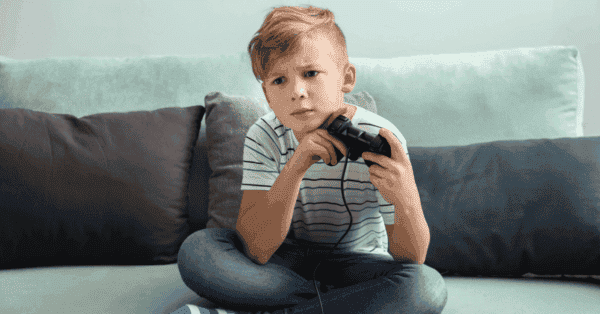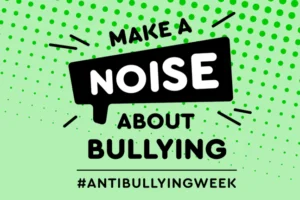Video games are a normal part of modern family life and childhood. They offer a unique way to spend time together and can engage our kids in all manner of topics and activities. From education to deep thinking, or even just the resilience of trying again when they fail, most parents appreciate having games in the home.
As with any part of childhood though, things don’t always go smoothly for everyone. Because video games are new and fast-changing media, it can be hard to find the resources or have the knowledge to keep things on the straight and narrow.
Therefore it’s important to pay attention to how children are balancing video games in their lives. Questions like these are useful to consider:
- Is my child physically healthy and sleeping enough?
- Is my child connecting socially with family and friends?
- Is my child engaged with and achieving in school?
- Is my child pursuing interests and hobbies?
- Is my child having fun and learning in their use of digital media?
Gameplay and emotions
When children play on their own, or for too long, this can affect their mood and mental state. Frustration, not wanting to stop or even anger can be symptoms we notice in our children when they have been playing.
Although it’s an understandable cause of parental concern, it’s important to know that these things on their own aren’t a sign of addiction. You don’t need to panic if your child is increasingly angry when they play games, but you do need to pay attention to what is the cause of this frustration.
If you notice these effects it’s important that you create time to enjoy games together. Playing with your child (or watching them play) is a good first step to better understanding their gaming mood. Keep an eye out for how they use gaming. Is it to relax after a busy day at school? Is it to connect with friends? Is it to escape other stresses in their life? Is it to excel at something or gain social status? Is it that they enjoy the sense of expertise?
This can help you carefully separate cause and effect. For some children, it can be the intensity and pressure to compete in the game itself that triggers their behaviour. But equally, their gaming behaviour may be a symptom of other pressures in their life.
Understanding this helps you guide them to better behaviour without blaming, limiting or banning games. If they are using games as a coping strategy, removing them can make things worse. Like taking away a tasty pastry or meal when someone is halfway through eating it, the reaction is unsurprisingly crossness.
Finding a wider range of games to play together can help them find different ways of benefiting from the games they play. Particularly younger children gravitate towards the more exuberant or exciting games. Introducing calming games can enable them to enjoy their hobby with a different state of mind.
Importance and boundaries and structure
If, after playing together and suggesting different games, your child still exhibits difficult behaviour during or after play, introducing some limits can help. However, these should not be seen as a way to solve the problem in the long term. It’s important that children learn to mediate their own gaming time without parental policing, so they have healthy habits.
Where limits are useful is getting some breathing space if game time is taking over. Using tools on your game console, or automatic settings on the internet with a device like Circle is a good way to do this.
You can discuss this with your child and together agree what’s a good length of playtime. This empowers your child to take ownership and control of their play pattern, rather than relying on you to police it.
Here, again, it makes a big difference if you play together. Also, some research (perhaps with a book like Taming Gaming https://unbound.com/books/taming-gaming) enables you to introduce a wider range of screen activities for them to play.
Avoid Medicalising Bad Habits
With the addition of new medical criteria from the World Health Organisation for gaming disorder, it is easy to assume that your child has a medical problem. While a tiny minority will fall into this diagnosis, the majority of children parents worry about just like to play games a bit too much. It’s a parenting issue rather than a medical one.
Referencing the WHO Gaming Disorder is helpful to distinguish things. WHO states that “for gaming disorder to be diagnosed, the behaviour pattern must be of sufficient severity to result in significant impairment in personal, family, social, educational, occupational or other important areas of functioning and would normally have been evident for at least 12 months.”
To fall into this criteria a child would need to be suffering negative impacts in crucial areas of their life because of gaming (not going to school, eating properly or looking after personal hygiene), but then continue to pursue and escalate their gaming it in spite of this. Only when this has continued for 12 months do they fall into the addiction space.
If you find that your child falls into this extreme criteria, it’s important to get professional help. While there are plenty of specialist gaming addiction services, look for a holistic approach with empirically valid treatments.
While game addiction clinics, Facebook groups, detox camps and networks enthusiastically offer help, the danger is that focusing solely on gaming habits may mask other issues. The best action to take is to talk to your GP who can give appropriate medical advice.
Conclusion
Armed with this advice, and a clear understanding of gaming disorder, you are in a strong position to support your child in this area of life like you do elsewhere.





